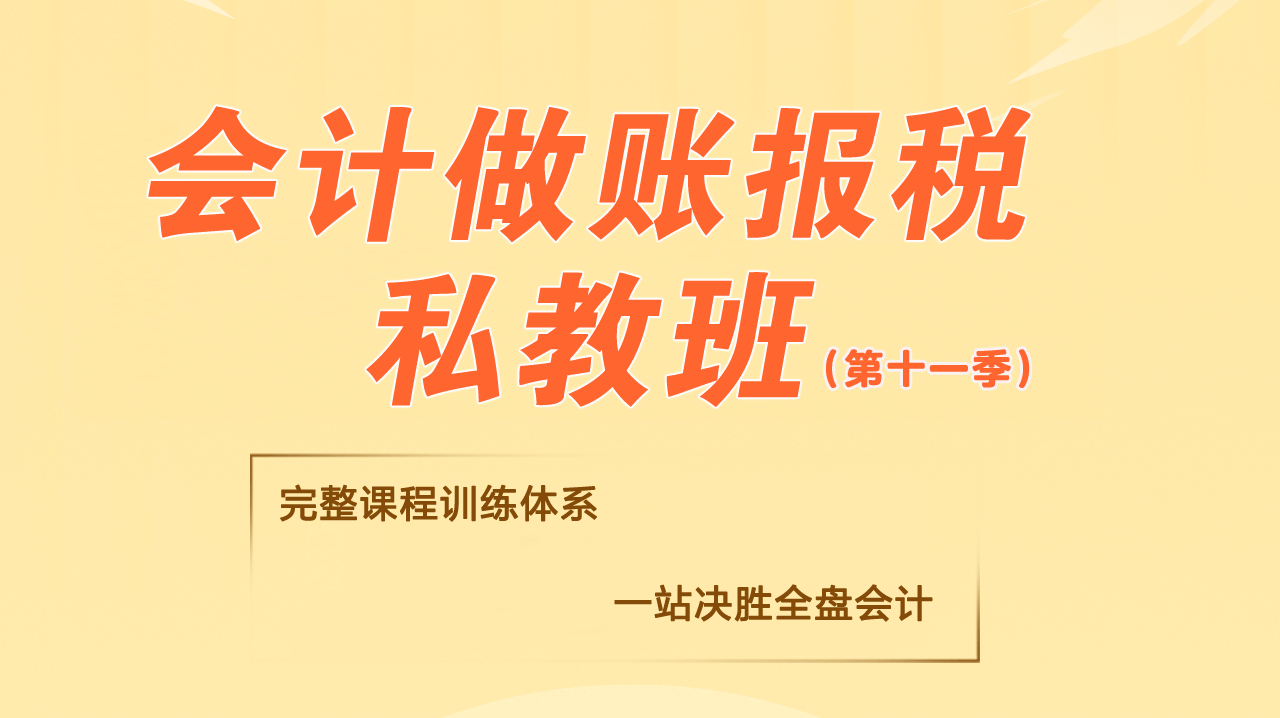中国本土男装崛起(双语)
Revolution often comes from the most unexpected places – even in fashion. As luxury watchers ponder whether or not China will ever produce its own high-end fashion label, thus directing the spending balance away from western brands, some local designers are already making the speculation a reality – though not in women’s wear, as might be expected.
变革的潮流往往发生于某些令人出乎意料之地—甚至是时装业。正当奢侈品观察人士寻思中国能否生产出自身的高端时尚品牌,从而引领并扭转青睐西方产品的消费倾向时,一些中国本地设计师已经把猜想梦成现实——只是并非如预期中的在女装领域。
Instead, as Amy Chua was penning Battle Hymn of the Tiger Mother, a growing number of young Asian men defied family expectations and abandoned white-collar jobs to create a new upmarket segment of the local men’s wear industry. Their ages range from 19 to 30, and they have started bringing hand-made ties, custom-made shoes and bespoke shirts to the Asian market.
然而,正当蔡美儿(Amy Chua)执笔写《虎妈的战歌》(Battle Hymn of the Tiger Mother)时,越来越多的亚洲帅男们公然违抗家人的期望,辞去自己的白领工作,打造中国自己的高端男装,他们的年龄从19岁至30岁不等,手工打造的领带、定制鞋与定制衬衣已开始投放亚洲市场。
Mark Cho, 28-year-old co-founder of The Armoury, a Hong Kong haberdasher popular with the online men’s wear community, left his job at a London bank to start his business in Hong Kong last year. Cornell-educated Justin Chang, 24, the scion of Ascot Chang, a Hong Kong-based company known for its bespoke shirts, also abandoned the world of finance after an internship at a stock brokerage. Meanwhile, 25-year-old Gerald Shen didn’t even bother with banking: armed with a degree in finance and economics, he started working full-time on his Singapore-based tie-making business straight after graduation.
28岁的香港服装经销商曹文伟(Mark Cho)去年辞去了自己在伦敦某银行的工作,回到香港创业,他与人合伙创办了The Armoury公司,如今已在网络男装行业大名鼎鼎。今年24岁、毕业于康奈儿大学(Cornell)的贾斯廷?张(Justin Chang)结束券商公司的实习后,也辞去了工作。他是香港知名衬衫定制生产商诗阁(Ascot Chang)的后人。今年25岁、手持财经学位的杰拉德?沈(Gerald Shen)同样如此,他毕业后甚至没去银行业求职,直接回到了新加坡,全身心创办了自己的领带公司。
All say that their passion for clothing meant that working in the industry was inevitable. “From a frivolous interest, it became a bit of an obsession,” laughs Shen, who makes lightly padded multiple-fold ties using British fabrics. Cho says: “After 10 years of interest, I decided I could enjoy doing something more with it.”
这几位年轻人说自己青睐服装业,因此从事该行不可避免。“说得轻狂些,从事这一行纯属痴迷,”沈笑着说,公司用产自英国的布料制作浅充式多折领带。曹说:“我喜欢这行已有10年,觉得自己可以有更大作为。”
Equally important was a local economic climate conducive to starting a business. Cho’s store launch was promoted by InvestHK, a government agency that promotes investment. “The business was designed specifically to be launched in Hong Kong. I think it would have been impossible elsewhere,”
he says. 本地良好的创业氛围也是重要的成因。曹开店得到了香港投资推广署(InvestHK)的支持,这是一家政府机构,全力支持投资创业。“当初就是专门谋划在香港开店,我觉得若开在其它地区是不可能成功的,”他说。
Chang, whose workshop makes 60,000 bespoke shirts a year, adds: “Hong Kong’s a good climate because there’s no import tax, so [bringing in] materials from Europe [is cheaper].”
张的公司每年定制6万件衬衣,他补充说:“香港具有良好的商业环境,不征进口税,所以从欧洲进口原材料更为便宜。”
It’s a view shared by 30-year-old Edwin Neo, a Singapore-based cobbler-turned-cordwainer who picked up the trade in Budapest and last July co-founded shoemaker Ed et Al: “It would have been a lot more difficult starting up in Europe,” Neo says. “We would face stiff competition from well-established brands.” His Goodyear bespoke shoes start at S$600.
今年30岁的新加坡人梁英杰(Edwin Neo)也附和上述说法,他由鞋匠转行皮匠,当初在布达佩斯(Budapest)进入该行,去年七月与人合开了Ed et Al制鞋厂。他说:“若在欧洲创业,则要难得多,会面临那些知名品牌的激烈竞争。”他推出的固特异(Goodyear)定制鞋起价600新加坡元。
The “made in Asia” label has become far less of a stigma. “We lack the marketing power of ‘Made in Italy’ or ‘Savile Row bespoke’,” says Chang. “But [for my generation], locally made products have a bit more cachet because they’re increasingly rare. There’s a nostalgic quality about them.”
“亚洲制造”的品牌早已不是劣等货的象征。“我们没有‘意大利制造’或者‘萨维尔街(Savile Row)制造’那样的名气,”张说。“但对于我们这一代人来说,本地制造的产品更显得尊贵,因为它们越来越稀少,能让购买者有种怀旧感。”
Arnold Wong, 19-year-old founder of Colonial Goods, a newly launched men’s wear label that celebrates Hong Kong’s colonial heritage, concurs: “More and more [Hong Kongers] are cultivating their own sense of style and savoir-faire.” For its first collection of T-shirts spun from a vintage loom, which will be released in August, Colonial Goods teamed up with Lee Kung Man, a knitting factory established in 1923.
19岁的Arnold Wong创办了Colonial Goods,这个新的男装品牌旨在 “纪念”香港过去那段殖民地的历史,他附和道:“越来越多的港人正在培养自己的时尚感,并展示自己的才华。”今年8月推出的首个系列的T恤衫的布料由老织布机纺出,由Colonial Goods与Lee Kung Man联手推出,Lee Kung Man是一家创建于1923年的针织厂。
These men also accept that they were lucky to have entered the market at the right time. Asia’s swift recovery from the financial crisis has made consumers more willing to spend. “Customers originally came in looking for something for the office,” says Cho, whose store sells everything from pocket squares made of kimono fabric to suede loafers from Spain’s Carmina and unstructured jackets from Florentine tailors Liverano & Liverano. “But they are slowly coming around to the fact that [they should] dress well for all occasions.”
这几位男士都承认自己生逢其时。亚洲快速从全球金融危机中复苏,这使得消费者有更强的消费欲望。“过去,消费者逛店是来买上班穿的衣服,”曹说,从和服料做的西服装饰方巾、西班牙布兰(Spain’s Carmina)做的山羊皮乐福鞋到佛罗伦萨(Florentine)利韦拉诺制衣店(Liverano & Liverano)制作的宽松型夹克,他的店货色齐全。“但消费者逐步认识到自己应该在所有的场合都穿得像模像样。”
Cho and Chang say the tight-knit Asian mens’ wear community has helped their businesses grow. Cho attributes his ability to launch The Armoury to his close relationship with popular Hong Kong tailor WW Chan & Sons. “They provided a good starting base of customers, goodwill and credibility,” says Cho, whose store hosts a corner for the tailor. Business was so good that earlier this year, Cho had to turn some customers away. In July, Arnold Wong com-missioned a set of photographs of well-dressed men in Hong Kong. It became a viral hit on mens’ wear websites – and Chang, Cho and his partners at The Armoury feature prominently.
曹与张都说亚洲男装界的精诚团结使得生意日隆。曹说自己开办The Armoury公司归功于与香港知名裁缝店WW Chan & Sons关系莫逆。“WW Chan & Sons凭籍自身的商业信誉与知名度,为我们公司的起步提供了良好的客源,”曹说,他的店里辟出了WW Chan & Sons的专区。如今店里的生意火爆,结果年初只得回绝部分顾客。七月,Arnold Wong在香港请人制作了一组穿着入时的俊男照片,随即被各大男装网址疯狂转载——张、曹以及The Armoury公司的合伙人随即声名大噪。



